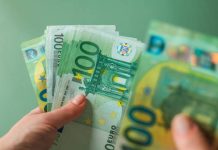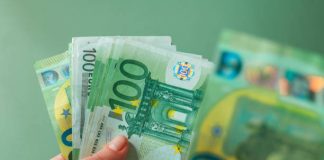The International Monetary Fund (IMF), has stated that corruption is one of the factors hampering fuel subsidy removal in Nigeria.
In its ‘Nigeria: Selected Issues Paper’ report, which was prepared by a staff team of the Fund as background documentation for its periodic consultation with Nigeria, IMF noted that aside from widespread corruption, political resistance, and pressure from interested groups are responsible for the continuation of fuel subsidy in the country.
“This fuel subsidy has taken up considerable (explicit or implicit) budget costs, constituting inefficient use of resources that could have been spent more effectively on pro-poor interventions in the economy.
“From the past experiences, the fear of political resistance for large price increase—coupled with widespread corruption and pressure from interested groups—has made the government hesitant to reform this untargeted subsidy,” the report read partly.
According to the IMF, in view of the government’s wallet, the country would have to rely on overdrafts from the Central Bank of Nigeria (CBN) to fund its proposed petrol subsidy bill, adding that it will negatively affect the country’s fiscal position.
BizWatch Nigeria understands that despite a series of warnings by financial bodies and economic stakeholders, including the IMF, fuel subsidy cost Nigeria up to $7 billion a year in revenue.
There are, however, worries that fuel subsidy will cost Nigeria more this year. The recent spike in crude prices triggered by the ongoing war between Russia and Ukraine had resulted in an increase in the cost of refined petroleum products.
And in view of the fact that these commodities are largely imported into Nigeria for public consumption, the government had approached lawmakers for increments in the payments.
Meanwhile, the President Muhammadu Buhari-led administration had concluded plans to tap $2.2 billion from the money it raised in a Eurobond sale last year (2021) to fund Nigeria’s fuel subsidy. This is according to Ahmed Zainab, the Minister of Finance, Budget and National Planning.














